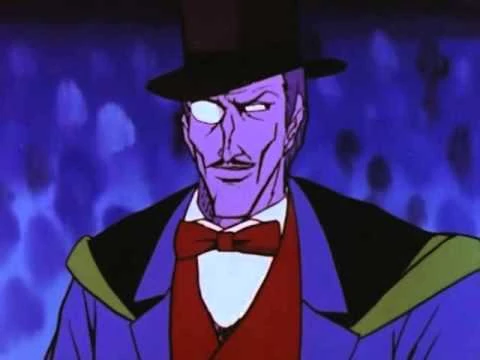Tiger Mask - When Wrestling Was Watched on Polonia 1
The "Chinese Cartoon" about Wrestlers from Polonia 1
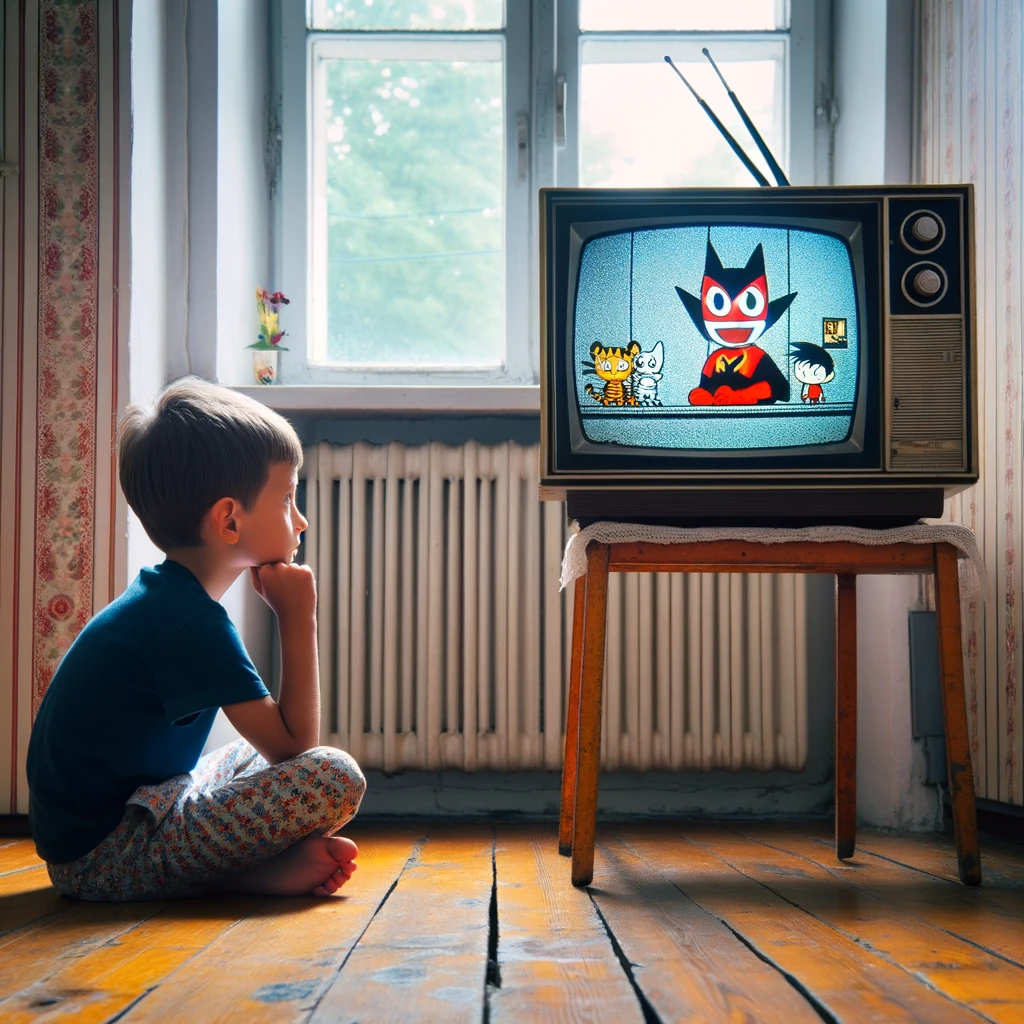
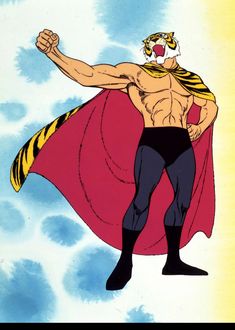
Of course, reminiscing about those times, one cannot help but smile to oneself, remembering the Italian dubbing combined with the Polish voice-over, which gave the whole thing a unique atmosphere. Those were the times when the internet was still not visible on the Polish horizon, and television was the main window to the world of entertainment. "Tiger Mask" was not just an anime (which we called “Chinese cartoon from Polonia 1” back in those days) – it was a life lesson, a package of emotions, and an integral part of many of our childhoods. And although today's generations have their heroes, can they compare with a masked wrestler fighting for justice? It is clear that our generation (if you're a millennial) had the best heroes (strictly speaking, the year "Tiger Mask" was created is 1968, so "our generation" is also a bit of a stretch).
The Story of Tiger Mask
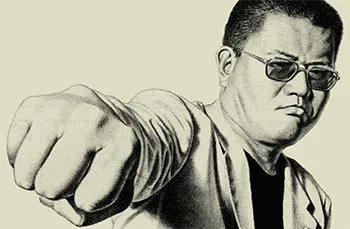
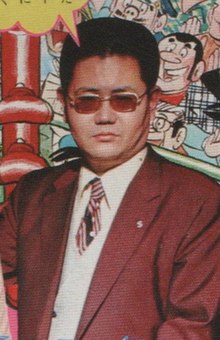
The manga quickly gained immense popularity, leading to a television anime adaptation in 1969. The anime series not only solidified the popularity of "Tiger Mask" in Japan but also expanded its influence to other countries, including Poland, where the series won the hearts of young viewers in the 90s. The cultural impact of "Tiger Mask" in Japan is significant. For decades, the manga and its adaptations have inspired not just other manga and anime works but also contributed to the popularity of professional wrestling. The character of Tiger Mask transcended fiction, inspiring real wrestlers to adopt this mask and the ideals it represents in actual wrestling rings.
Evolution of the "Tiger Mask" Manga


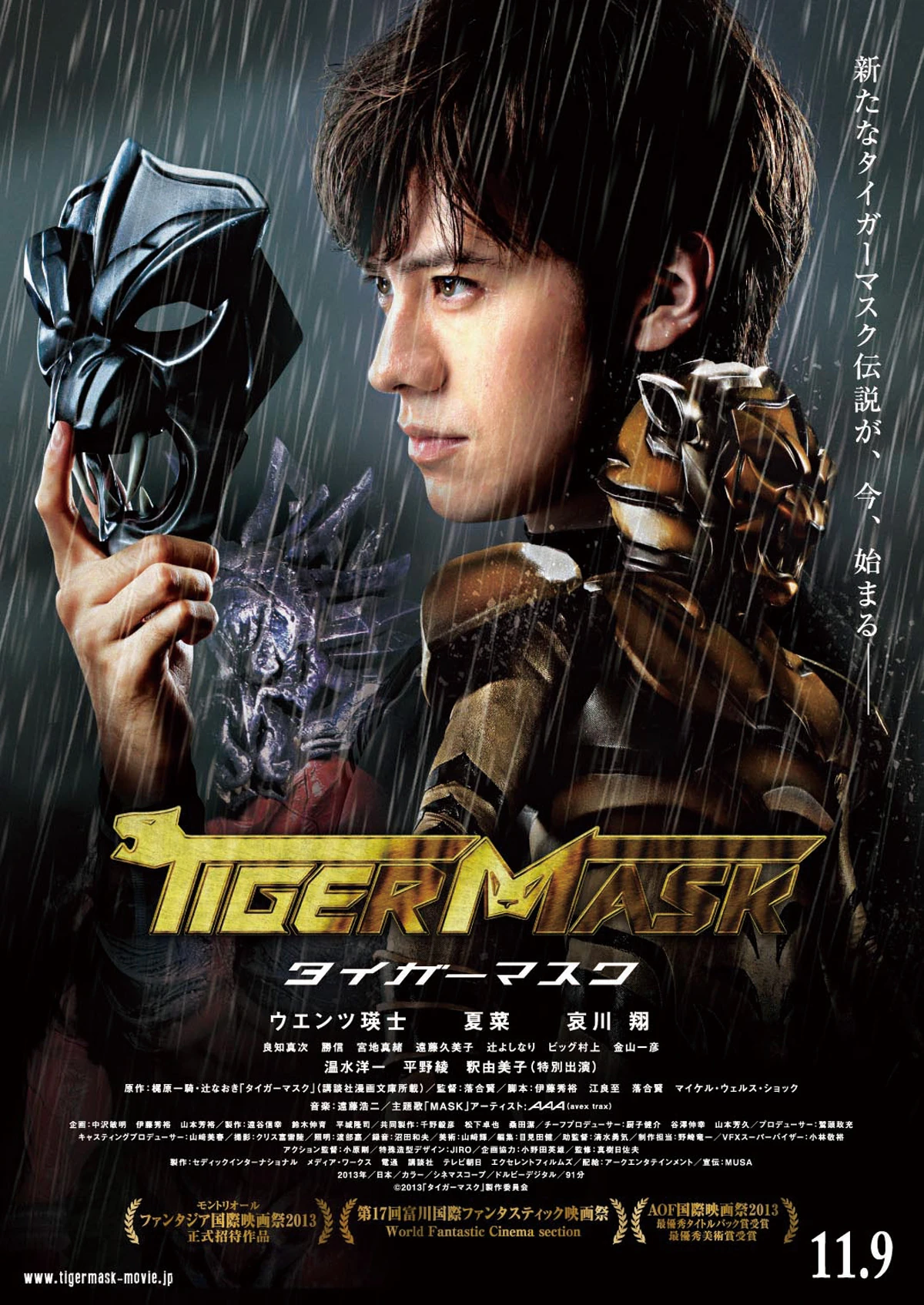
One of the most direct inspirations is the character King from the "Tekken" game series. King, a luchador wearing a jaguar mask, is a character that owes much of his image and story to Tiger Mask, blending wrestling with heroism and the fight for justice. Not only the appearance (wrestler, mask) connects both wrestlers, but also in both works, King/Naoto secretly takes care of an orphanage.
Plot and Characters
Plot Description
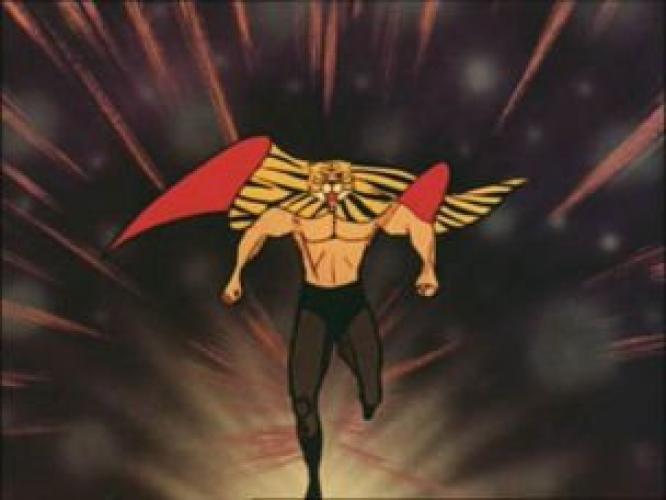
Main Characters
-
Naoto Date (Tiger Mask): The main character of the series, characterized by extraordinary strength and agility in the ring. His decision to become Tiger Mask and fight for a greater good than himself is the core of the narrative. His character development is a constant struggle with his own past while trying to help and protect those who have no voice.
-
Mr. X: The mysterious and ruthless leader of Tiger's Cave, the main antagonist of the series. Mr. X symbolizes the corrupt and merciless aspect of the wrestling world, being a constant source of conflict and challenges for Tiger Mask.
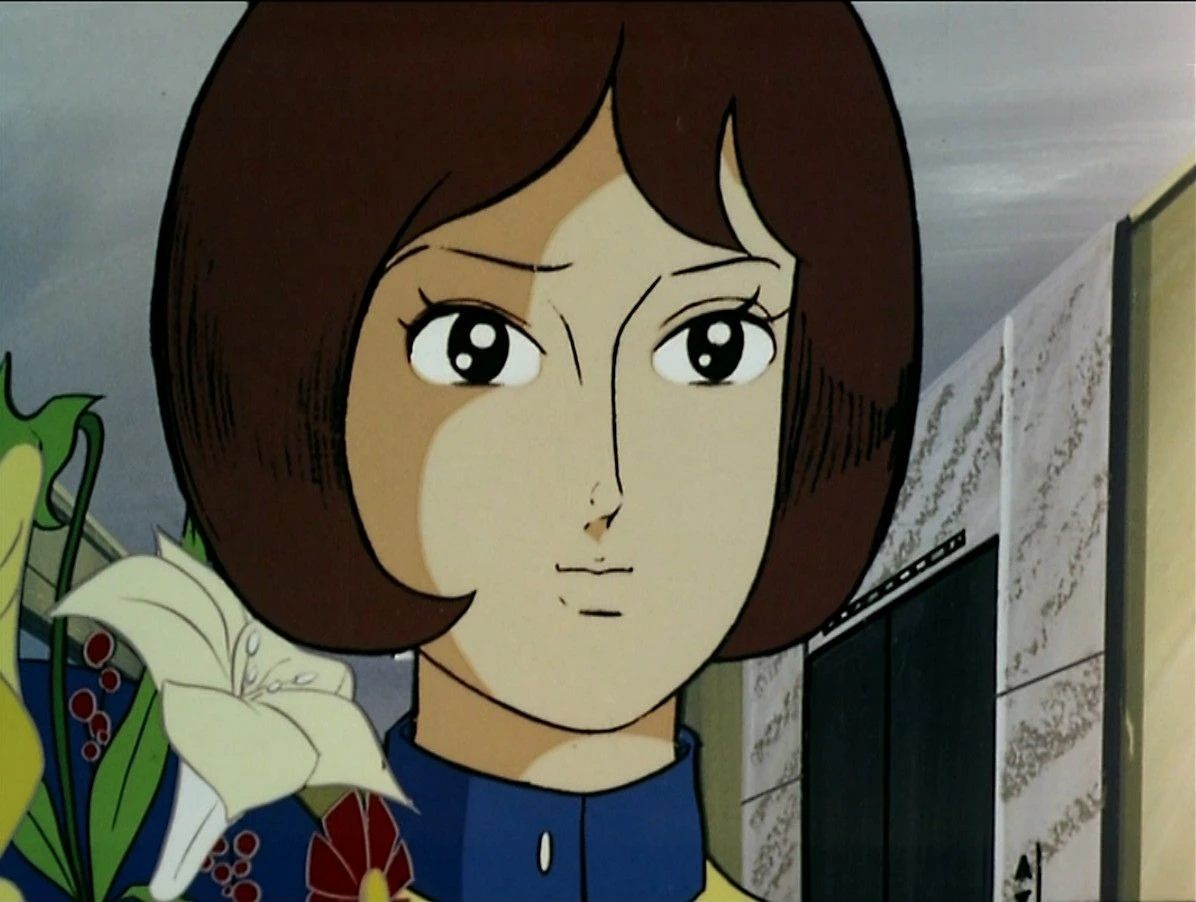
▪  Kentaro Takaoka: A former wrestler and mentor to Naoto Date. He was once a masked wrestler himself but passed on his legacy to Naoto after retiring. His character symbolizes wisdom and experience, serving as a moral and technical guide for Tiger Mask. Takaoka represents a bridge between the past and present in the wrestling world, offering support and advice that help Naoto on his path to becoming a hero.
Kentaro Takaoka: A former wrestler and mentor to Naoto Date. He was once a masked wrestler himself but passed on his legacy to Naoto after retiring. His character symbolizes wisdom and experience, serving as a moral and technical guide for Tiger Mask. Takaoka represents a bridge between the past and present in the wrestling world, offering support and advice that help Naoto on his path to becoming a hero.
▪ Bobby Boulder: An American wrestler who becomes one of Tiger Mask's allies. His character introduces an international dimension to the ring rivalry. Bobby often serves as comedic relief in the tension-filled series, but his strength and loyalty make him a valuable ally in the fight against Tiger's Cave. Despite cultural differences, his friendship with Naoto highlights universal values of respect, trust, and cooperation.
Antagonists
 ▪ Tiger's Cave: The organization plays the role of the main antagonist, representing the dark side of wrestling, where success is achieved at any cost. The conflict between Date and Tiger's Cave is the main axis of the narrative, with the fight for honor, justice, and changing the system from within.
▪ Tiger's Cave: The organization plays the role of the main antagonist, representing the dark side of wrestling, where success is achieved at any cost. The conflict between Date and Tiger's Cave is the main axis of the narrative, with the fight for honor, justice, and changing the system from within.
▪ Other Wrestlers: The series features numerous other wrestlers, both as rivals and allies to Tiger Mask. Their characters add depth to the world presented, showing the diversity of motivations and personalities in the world of wrestling.
 Debut of "Tiger Mask" in Poland
Debut of "Tiger Mask" in Poland
"Tiger Mask," a cult Japanese anime series, debuted on Polish screens in the 90s, becoming one of the first Japanese anime series broadcast in Poland. The series was introduced to the lineup of Polonia 1, which at the time was one of the main television channels offering foreign animated productions to Polish viewers. "Tiger Mask" quickly gained popularity thanks to its dynamic plot.
Specifics of the Polish Version
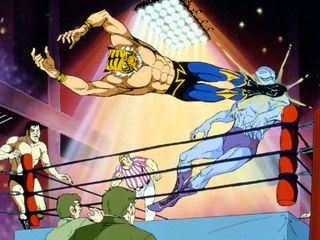
Later Broadcasts and Impact on Series Reception
"Tiger Mask" was broadcast in Poland for several years, allowing it to build a solid fan base. The series, thanks to its originality and dynamic action, contributed to the growth of interest in Japanese culture and anime as a form of entertainment in Poland. The introduction of "Tiger Mask" and other anime to Polish screens paved the way for subsequent Japanese animated series, which over time became an integral part of the Polish media landscape.
Conclusion

Perhaps it was in that simplicity and limitation that the magic of those days lay. In an era when "binge-watching" is the order of the day, and the next series is always at hand, it's easy to forget the excitement that the anticipation of the next episode of your favorite show brought. "Tiger Mask" and other series from Polonia 1 remind us of the times when the TV schedule could decide our daily plan. Maybe it's not just about longing for youth but for a simpler, slower pace of life, where each episode of “Tiger Mask” was a little escape from everyday life, not just another item on the “to watch and tick off” list.
>> SEE SIMILAR ARTICLES:
Dash Kappei or Gigi La Trottola? - A Postcard from the Past or a Misplaced Love Letter?
Yattaman Series vs Logical Thinking: When Old Is... Simply Strange
"Strong Japanese Women"
see book by the author
of the page
未開 ソビエライ
An enthusiast of Asian culture with a deep appreciation for the diverse philosophies of the world. By education, a psychologist and philologist specializing in Korean studies. At heart, a programmer (primarily for Android) and a passionate technology enthusiast, as well as a practitioner of Zen and mono no aware. In moments of tranquility, adheres to a disciplined lifestyle, firmly believing that perseverance, continuous personal growth, and dedication to one's passions are the wisest paths in life. Author of the book "Strong Women of Japan" (>>see more)
Personal motto:
"The most powerful force in the universe is compound interest." - Albert Einstein (probably)
Mike Soray
(aka Michał Sobieraj)
未開 ソビエライ
An enthusiast of Asian culture with a deep appreciation for the diverse philosophies of the world. By education, a psychologist and philologist specializing in Korean studies. At heart, a programmer (primarily for Android) and a passionate technology enthusiast, as well as a practitioner of Zen and mono no aware. In moments of tranquility, adheres to a disciplined lifestyle, firmly believing that perseverance, continuous personal growth, and dedication to one's passions are the wisest paths in life. Author of the book "Strong Women of Japan" (>>see more)
Personal motto:
"The most powerful force in the universe is compound interest." - Albert Einstein (probably)
Mike Soray
(aka Michał Sobieraj)
Write us...
Ciechanów, Polska
dr.imyon@gmail.com
___________________
inari.smart
Would you like to share your thoughts or feedback about our website or app? Leave us a message, and we’ll get back to you quickly. We value your perspective!



 K
K